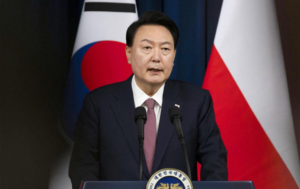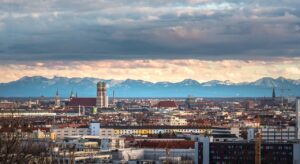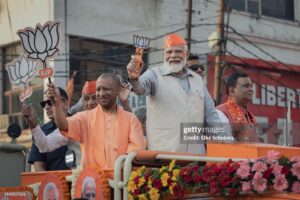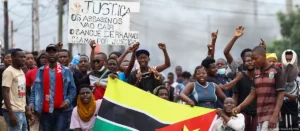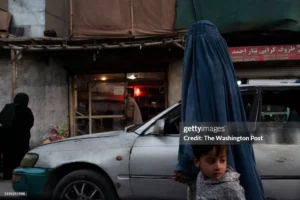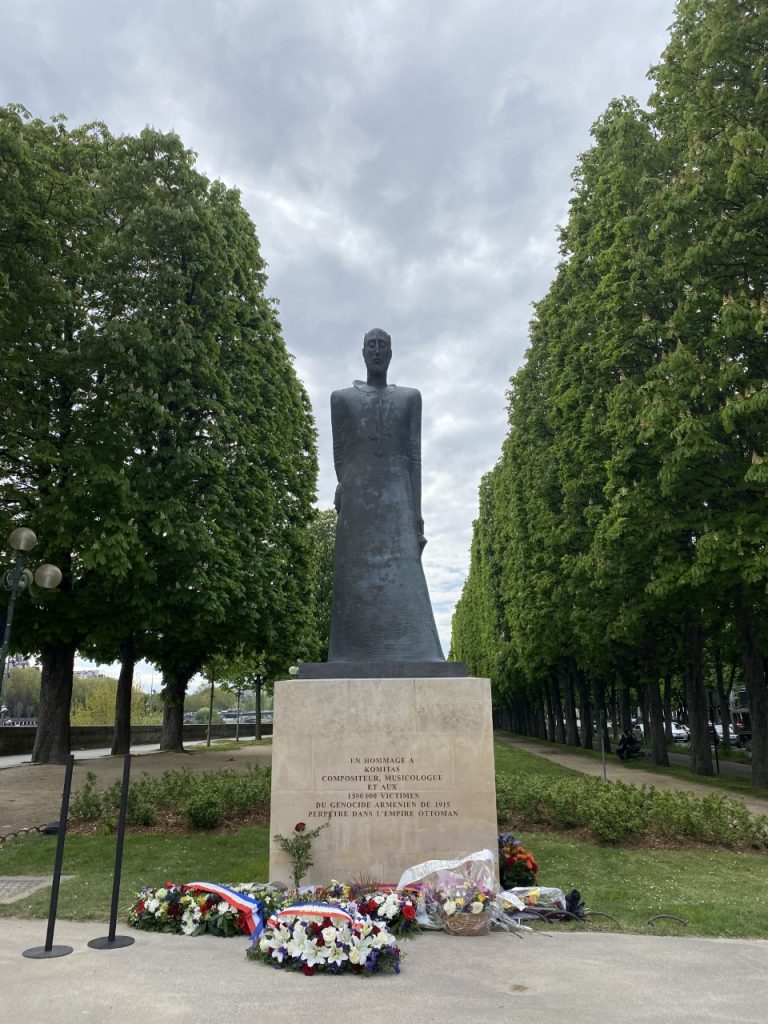In 2019, April 24 was officially declared as the commemoration day by French President Emmanuel Macron. With a decree of April 10th he paid tribute to the victims of the genocide perpetrated by the Ottoman Empire. The decree is related to the law n° 2001-70 of January 29, 2001 recognizing genocide publicly, adopted during the presidency of former president Jacques Chirac. Thanks to it, this day is commemorated every year.
April 24 is a reference to the day when several hundred Armenian intellectuals were arrested and assassinated by the authorities of the Ottoman Empire in 1915, in Istanbul. Prominent poets, doctors, political figures and religious leaders were taken to detention centers, tortured and publicly executed. This day is considered as the beginning of the genocide against Armenians. During this genocide, statistically, more than one million people were killed.
The historical background
The Armenian people living under the Ottoman rule as an ethnic-religious minority. They were already exposed to discrimination even before the beginning of the genocide. Due to lack of liability of the official sources confirming the exact number of Armenians living during 1914-1915, it is estimated that approximately 1.5 million ethnic Armenians were living in that period. Many of the minority groups were mainly concentrated in Eastern Anatolia. They were often excluded from the political and administrative arena and faced double tax collections and violence. Only a few Armenian families were able to contribute to trade and hold positions in high-rank jobs. The Armenian community were often targeted and accused of wanting to claim independence with the help of the Russian Empire, enemy of the Ottomans.
After the rise of the Young Turks, minorities were subjected to even harsher accusations and treatment under the Ottoman rule. When Talat Pasa came to power following a coup d’etat, the anti-Armenian rhetoric and nationalistic sentiment also gained popularity. The arrests of the Armenians were decided by Talat Pasa, the Interior Minister at that time. He was also the one who orchestrated another tragedy under the Ottoman rule in 1915, the “Great Famine of Mount Lebanon”, claiming between 100000 and 300000 lives in Mount Lebanon.
After the setbacks of World War I, the Ottomans decided to conduct arbitrary deportations of Armenians by forcing them to leave their homes. During the deportations, millions of people suffered from deliberate and planned starvation, abduction, rape and torture. Large-scale massacres claimed the lives of millions of Armenians which lasted until 1916. The Armenian Genocide motivated the holocaust survivor lawyer of Polish-Jewish origin who invented the word “genocide”. Raphael Lemkin and his work bring this definition to the international law.
The Denial
Today, the Turkish Republic still denies the genocide. Furthermore, he rejects calls for the recognition by the international community strongly and repeatedly. Turkey defines it as “events related to 1915” claiming these atrocities were the results of the deportations and not planned.
Despite having 34 countries currently recognizing the genocide including US, UK, France, Canada and Germany; some countries such as Pakistan, Azerbaijan and Turkey deny the genocide. Azerbaijan, one of the biggest allies of the country and the Turkish President Tayyip Erdogan, has a complicated and challenging history with Armenia especially after the Nagorno-Karabagh Conflict in 2020. Having the Turkish support both militarily and politically, Azerbaijan and Turkey form a bilateral bloc in relations regarding Armenia.
How was the Remembrance Day commemorated this year?
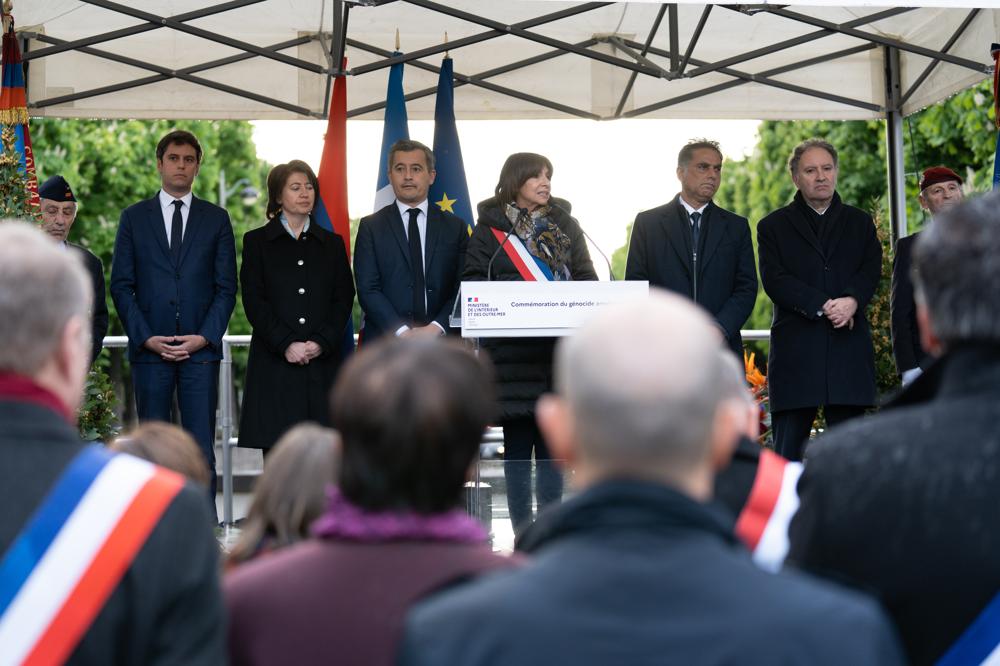
Commemoration ceremonies and several rallies were organized this year throughout France. The ceremony began with laying wreaths before the Monument of Komitas, a six meters high bronze statue sculpted by the artist David Erevantsi. It is situated in Place du Canada near the Yerevan Garden in the 8th arrondissement.
Many officials and association representatives were present during the ceremony including Anne Hidalgo, the Mayor of Paris; Ara Toranian and Franck Mourad Papazian, co-presidents of the CCAF, Gerald Darmanin, the Minister of the Interior and Other Seas; Gabriel Attal, the Minister in Charge of Public Accounts. A minute of silence paying tribute to victims was followed by speeches of officials and representatives.
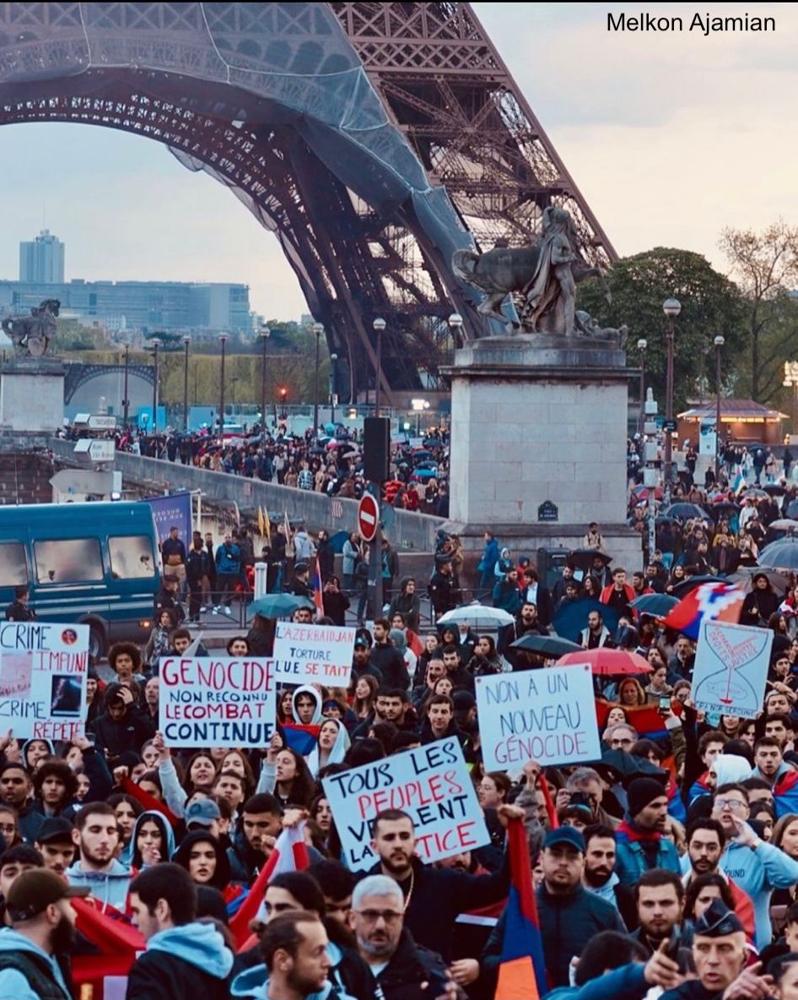
After the ceremony, a march was held by the public towards Warsaw Square. Many people of all ages joined the protests denouncing actions against the Armenian people committed by both Turkey and Azerbaijan. Protesters carrying banners shouted slogans such as “Justice for the Armenian People”.
The security officers were accompanying the protesters and the protest ended peacefully.


